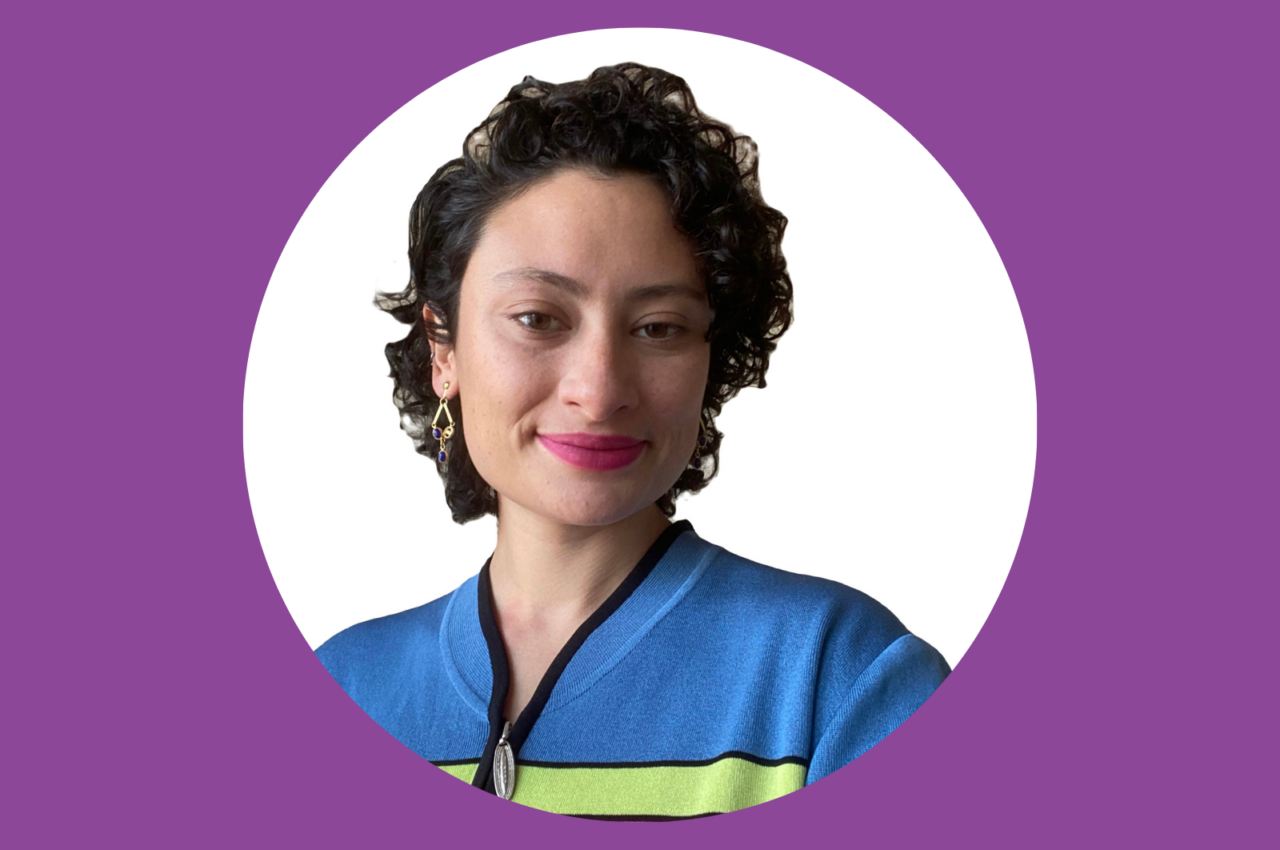ESPAÑOL (English below)
Para los defensores con mucha experiencia, las audiencias presupuestarias de DC son una oportunidad para opinar sobre los cambios propuestos por el alcalde al presupuesto del Distrito. Para los residentes, son una oportunidad de encontrarse cara a cara con los miembros del consejo sobre los problemas que les preocupan. Pueden ser tediosos y aburridos, pero permiten que el público participe en el proceso democrático.
Por eso es tan importante asegurarse de que estas audiencias sean accesibles al público, sin importar el idioma que hablen o el modo de comunicación que utilicen. La audiencia del miércoles del Comité Plenario sobre Educación abarcó 15 horas sin precedentes . Uno de los puntos más repetidos del día fue: la audiencia es demasiado larga y, por lo tanto, de difícil acceso y participación para los padres que trabajan, los educadores e incluso los mismos miembros del consejo. Todos querían que la audiencia se dividiera en varios días.
El tiempo recorrido, más los problemas técnicos (que no son culpa de nadie), y los servicios de interpretación inadecuados que requieren interpretación consecutiva de última hora desgastan el deseo del público de participar en estas herramientas tan importantes de participación democrática. Esto es particularmente cierto para los hablantes limitados de inglés que rara vez pueden expresar sus propuestas frente al Consejo sin superar obstáculos significativos.
Uno de los miembros de nuestra coalición y líderes de educación temprana, Yesenia Vargas, leyó pacientemente su testimonio frente al concejal Mendelson el miércoles, señalando la necesidad de una inversión continua en educadores frente a los recortes presupuestarios del alcalde. Debido a que el consejo no puso correctamente la interpretación para la Sra. Vargas, que generalmente se hace con la función de interpretación simultánea de Zoom para que solo la escuchen el comité y el personal del consejo, y no le informó al intérprete que haría interpretación consecutiva, gran parte de la el impacto y contenido de la Sra. Vargas se perdió debido a que se acabó el tiempo y el intérprete no siguió correctamente lo que decía la Sra. Vargas. Sin culpa del intérprete, el testimonio de la Sra. Vargas se redujo significativamente tres minutos debido a que tuvo que regresar y aclararle al intérprete lo que acababa de decir.
Para aquellos que nunca tienen que lidiar con las consecuencias de ser literalmente malinterpretados, esto puede parecer un problema menor. Pero para aquellos que constantemente tienen que lidiar con los procedimientos inadecuados de acceso al idioma del Distrito, no poder participar adecuadamente en un proceso que se supone debe acomodar a todos no infunde mucha esperanza en una representación justa y ciertamente no ayuda en el futuro. testigos que hablen y que deseen presentar su caso ante el consejo en su propio idioma.
El tema de la interpretación de idiomas en el Consejo de DC ha sido durante mucho tiempo un punto de frustración para la coalición y las comunidades con las que trabaja. Se debe solicitar interpretación 5 días de trabajo antes de las audiencias, traducir el testimonio y el día de la audiencia esperar que todas las herramientas de accesibilidad que tiene el consejo funcionen correctamente. Si todo va bien, la interpretación simultánea en Zoom hará que sea imposible que el público escuche lo que se dice en el idioma de su elección, pero los miembros del Consejo y el personal lo escucharán. La audiencia del miércoles le dio al público un vistazo, aunque imperfecto, del testimonio de una residente de DC de habla hispana y sus prioridades como educadora debido a la interpretación consecutiva. Sin embargo, debido a que ni el testigo ni el intérprete estaban preparados para este tipo de interpretación, la Sra. Vargas se vio obligada a lidiar con un reloj en marcha, un Concejal impaciente que no le dio al intérprete suficiente tiempo para interpretar lo que se decía y más de 200 testigos que esperaban pacientemente su momento para abogar. Lidiar con todas estas presiones en el estrado es mucho para cualquiera, pero ¿por qué deben ser los inmigrantes, los discapacitados y el público en general quienes se quedan con esa frustración? Debería ser responsabilidad del Consejo asegurarse de que la interpretación y otras adaptaciones de accesibilidad sean lo más fáciles de entender y acceder posible, y debería ser una prioridad asegurarse de que la tecnología disponible para hacer que las audiencias sean más accesibles realmente funcione en todo momento. No hacerlo es un acto de mayor marginación de comunidades ya marginadas.
ENGLISH
Council Chair Phil Mendelson said during the April 14 Committee of the Whole hearing that part of the reason hearings would still continue virtually is because the public wants to continue to participate in the budget and oversight process.
For seasoned advocates, DC’s budget hearings are an opportunity to weigh in on the Mayor’s proposed changes to the District’s budget. For residents, they’re an opportunity to get face to face with council members about issues they care about. They can be tedious and wonky, but ultimately they enable the public to participate in the democratic process. The pandemic forced the DC Council to become more accessible, by transitioning to fully online hearings, allowing more people to participate in the District’s budget process.
Which is why it’s so important to make sure these hearings are accessible to the public, regardless of the language they speak or the mode of communication they use. This year’s DC Council Committee of the Whole hearing on Education spanned an unprecedented 15 hours. One of the most repeated points of the day was that the hearing was too long and, therefore, hard to access and participate in for working parents, educators, and even council members. Everyone wanted the hearing to split over several days
Length, plus technical issues (which are no one’s fault), and inadequate interpretation services requiring last-minute consecutive interpretation wear on the public’s desire to participate in these very important tools of democratic participation. This is particularly true for limited-Englsh speakers who rarely get to express their propositions in front of the Council without jumping through significant hurdles.
One Under 3 DC and early educator leader,Yesenia Vargas, patiently read her testimony in front of Councilmember Mendelson, on Wednesday, signaling the need for continued investment in educators in the face of the mayor’s budget cuts. But because the council did not properly queue up interpretation for Ms. Vargas, which is usually done for only the committee and council staff to hear, and did not inform the interpreter that there was a need for consecutive interpretation, much of the impact and content of Ms. Vargas was lost. Time ran out and the interpreter was not correctly following what Ms. Vargas was saying. At no fault of the interpreter, Ms. Vargas three minutes were cut short by needing to clarify for the interpreter what had just been said.
To those who never have to deal with the consequences of being literally misinterpreted, this might seem like a minor issue. But for those who constantly have to deal with the District’s inadequate language access procedures, not being able to properly participate in a process that is supposed to accommodate everyone doesn’t instill much hope in fair representation. It certainly doesn’t help future limited-English speaking witnesses who might want to present their case in front of the council in their own language.
The issue of language interpretation at the DC Council has long been a point of frustration for Under 3 DC and partner communities.One must request interpretation 5 business days in advance of the hearings, translate testimony, and on the day of the hearing, hope that every accessibility tool the council has available to work correctly. If all goes well, the simultaneous interpretation on Zoom will make it impossible for the public to hear what is being said in their language of choice, but the Councilmembers and staff will hear. Wednesday’s marathon hearing gave the public a glimpse, if imperfect, into the testimony of a Spanish speaking DC resident and her priorities as an educator because of the consecutive interpretation. However, because neither the witness nor the interpreter were prepared for this type of interpretation,
Ms. Vargas was forced to contend with a running clock, an impatient councilmember who did not give the interpreter enough time to do her job, and 200-plus witnesses who were patiently waiting for their moment to advocate. Contending with all these pressures on the stand is a lot for anyone to deal with, but why must it be immigrants, the disabled, and members of the community who are left holding that frustration? It should be the council’s responsibility to interpretation and other accessibility accommodations be made as easy to understand and as useful as possible, and it should be a priority to make sure the technology available to make the hearings more accessible actually works every time. Not doing so is an act of further marginalization of already marginalized communities.


